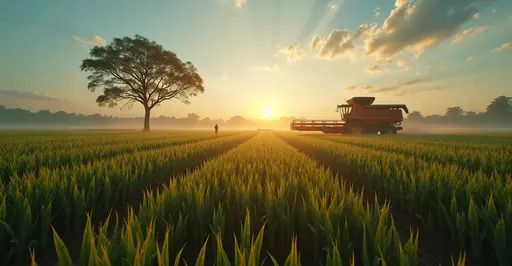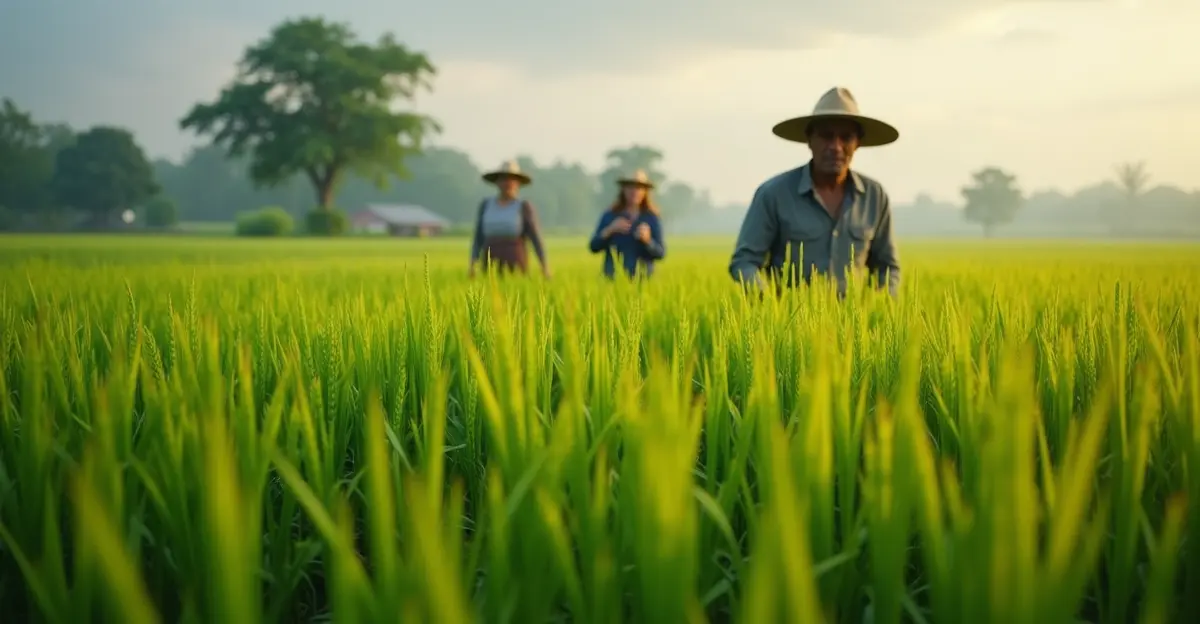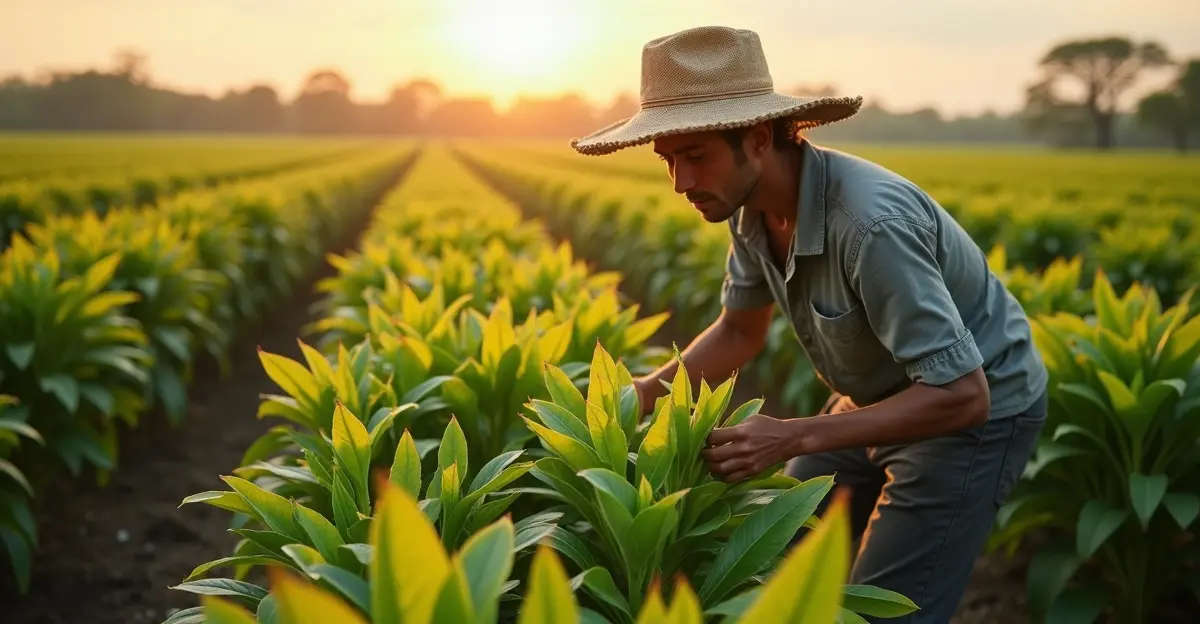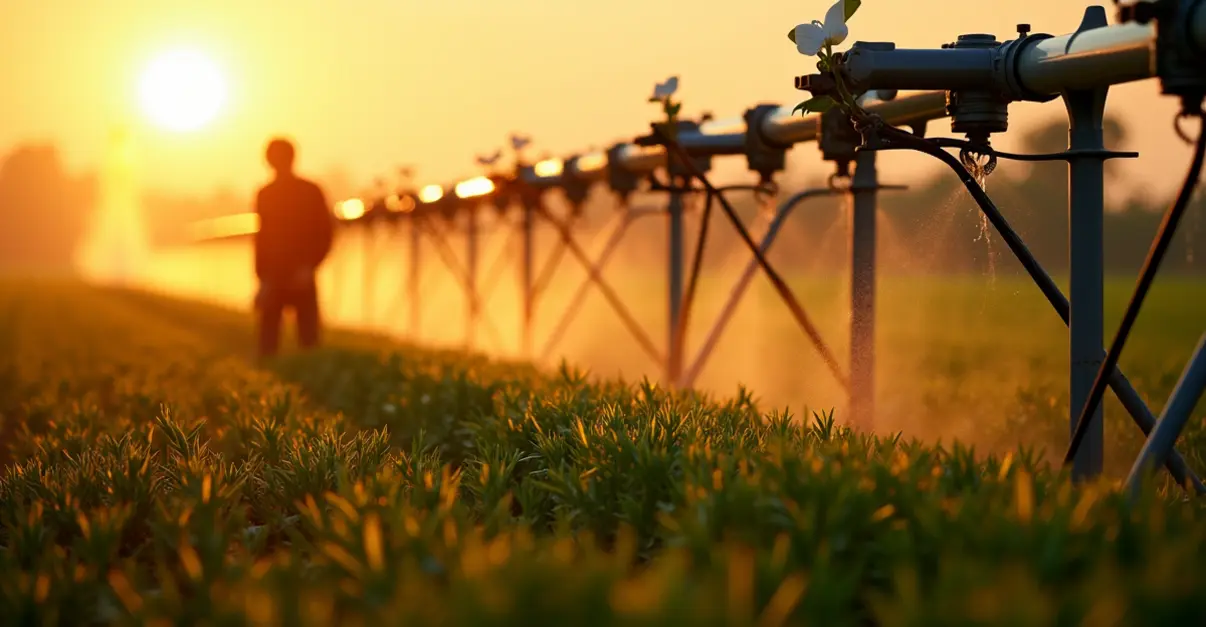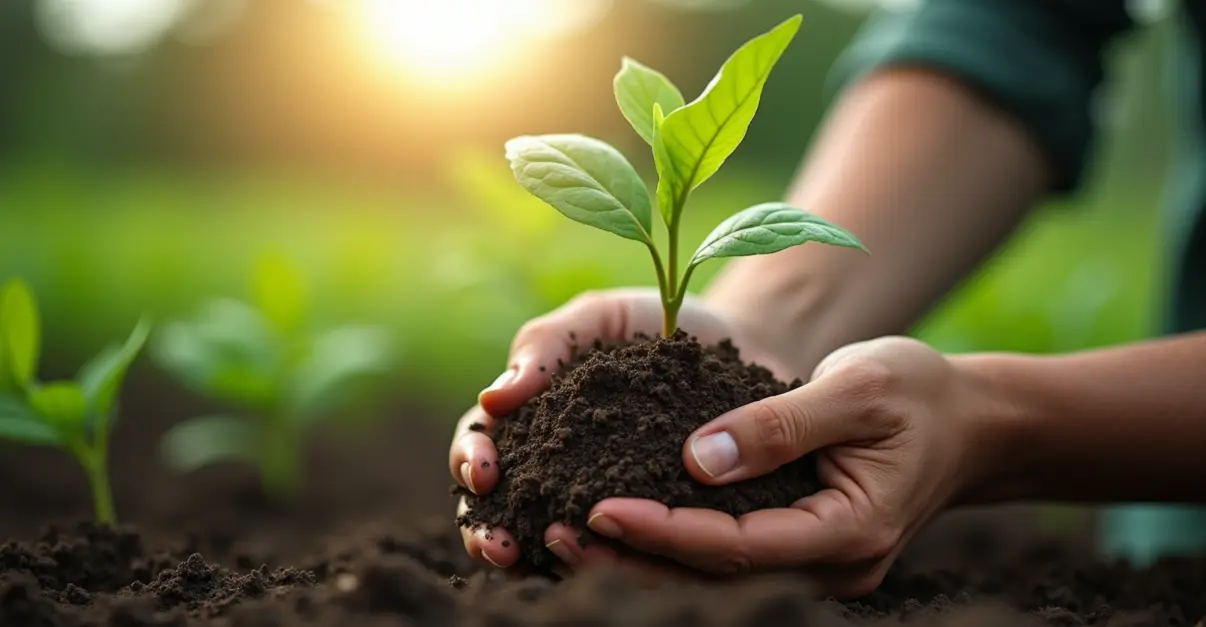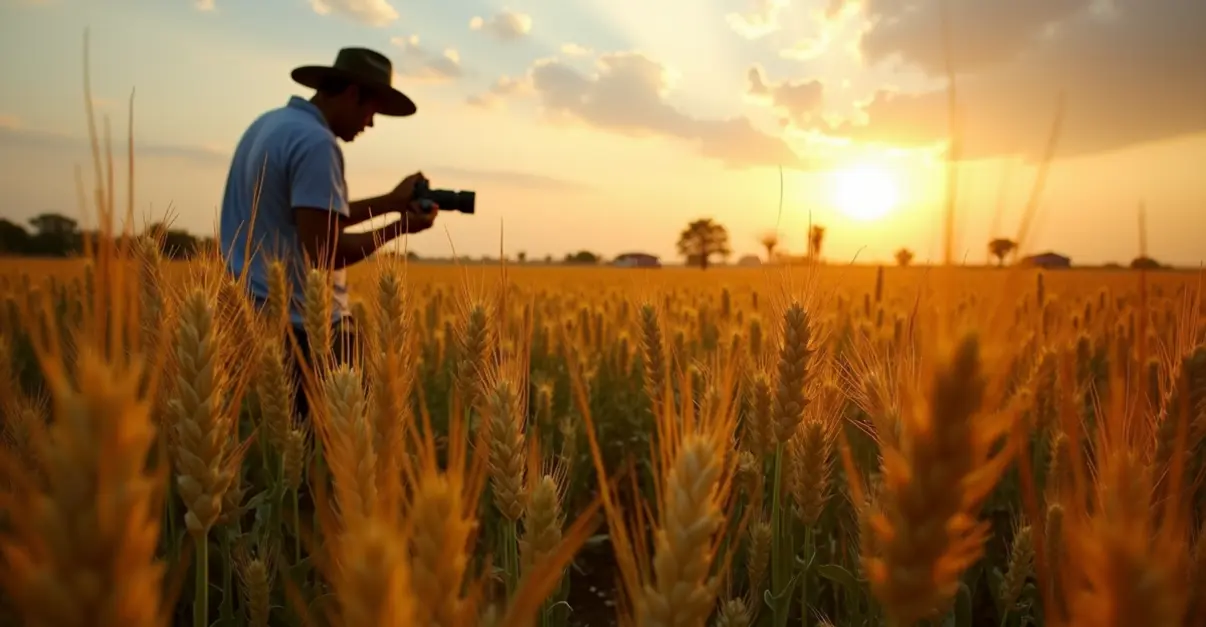New coalition fund provides drought-tolerant seeds, insurance, and market access to help smallholder farmers build climate resilience. Addresses critical gap in agricultural climate finance.
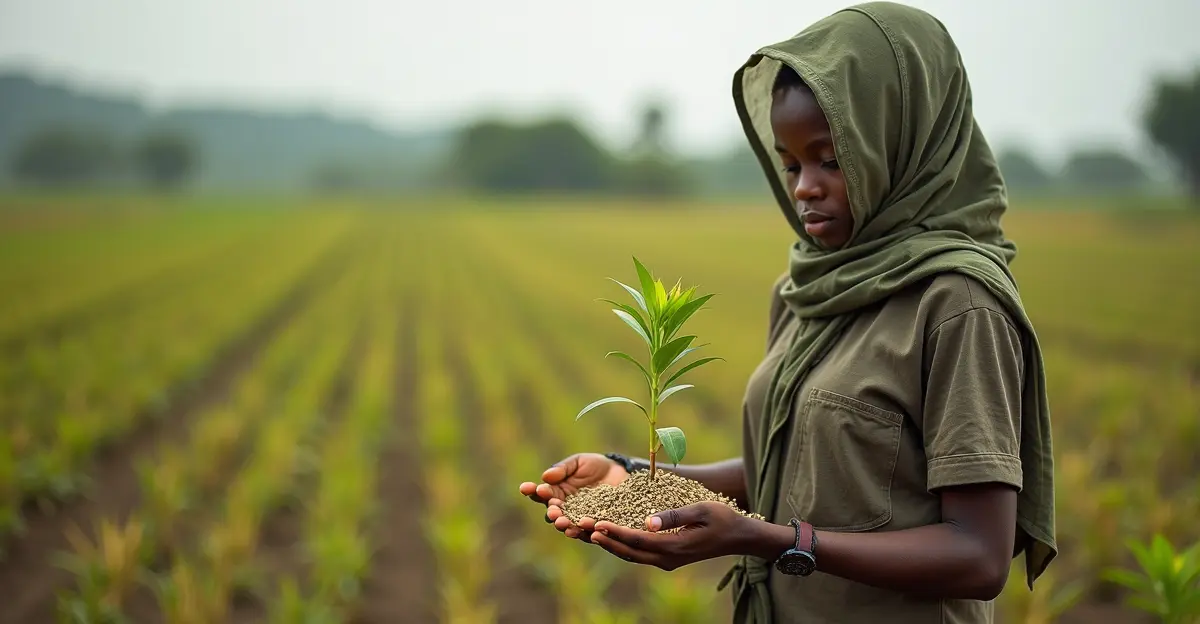
Major Investment Announced for Smallholder Farmers
A groundbreaking coalition has launched a comprehensive fund specifically designed to support smallholder farmers in building climate resilience through drought-tolerant seeds, insurance protection, and improved market access. This initiative comes at a critical time when climate change is increasingly threatening global food security, particularly for the 500 million smallholder farms that produce one-third of the world's food.
Addressing the Climate Finance Gap
The new fund aims to bridge the significant gap in climate financing for agriculture, where currently less than 1% of global climate finance targets food systems despite the sector's vulnerability to climate impacts. 'Smallholder farmers are on the front lines of climate change, yet they receive minimal support to adapt,' said agricultural economist Dr. Maria Rodriguez. 'This fund represents a crucial step toward recognizing their essential role in global food security.'
Drought-Tolerant Seeds: A Game Changer
The initiative will provide access to climate-resilient crop varieties specifically bred for challenging conditions. Drought-tolerant seeds have shown remarkable success in regions like Maharashtra, India, where they improved maize yields by 30% while reducing irrigation dependency. Similarly, in Kenya, drought-resistant sorghum varieties increased yields by 40% in dryland areas. 'These seeds are not just about survival—they're about enabling farmers to thrive despite changing climate patterns,' explained seed scientist Dr. Amina Jalloh.
Insurance Protection Against Climate Risks
The fund includes innovative insurance products designed specifically for smallholder farmers facing climate uncertainties. These parametric insurance policies trigger automatic payouts based on weather data rather than individual loss assessments, making them more accessible and affordable for farmers with limited resources. 'Traditional insurance has failed smallholder farmers for decades,' noted insurance specialist Mark Thompson. 'These new models use technology to create safety nets that actually work for the people who need them most.'
Market Access and Economic Empowerment
Beyond production support, the initiative focuses on connecting farmers to reliable markets through digital platforms and supply chain partnerships. This addresses the critical challenge where smallholders often struggle to sell their produce at fair prices due to limited market information and infrastructure. The program will leverage mobile technology to provide real-time market prices and connect farmers directly with buyers, reducing post-harvest losses that can reach 30-40% in some regions.
Building on Successful Models
The fund draws inspiration from successful initiatives like the Agri-Smallholder Resilience Fund in the Philippines, which combines parametric insurance with agronomic support and corporate offtake agreements. Similarly, the recent $1.4 billion commitment from the Gates Foundation demonstrates the growing recognition of smallholder farmers' critical role in climate adaptation.
Global Impact and Future Prospects
With agriculture accounting for 70% of global freshwater use and over 2.3 billion people living in water-stressed countries, climate-resilient farming practices are becoming increasingly essential. Research from the World Resources Institute shows that every dollar invested in agricultural adaptation yields over $10 in social and economic benefits within a decade. 'This isn't just about protecting farmers—it's about securing our global food system for generations to come,' emphasized food security expert Dr. James Chen.
The coalition's approach combines immediate support with long-term resilience building, recognizing that climate change adaptation requires both emergency response and sustainable development. As climate impacts intensify, such comprehensive support systems will become increasingly vital for maintaining global food security and supporting the livelihoods of millions of smallholder farmers worldwide.

 Nederlands
Nederlands
 English
English
 Deutsch
Deutsch
 Français
Français
 Español
Español
 Português
Português




